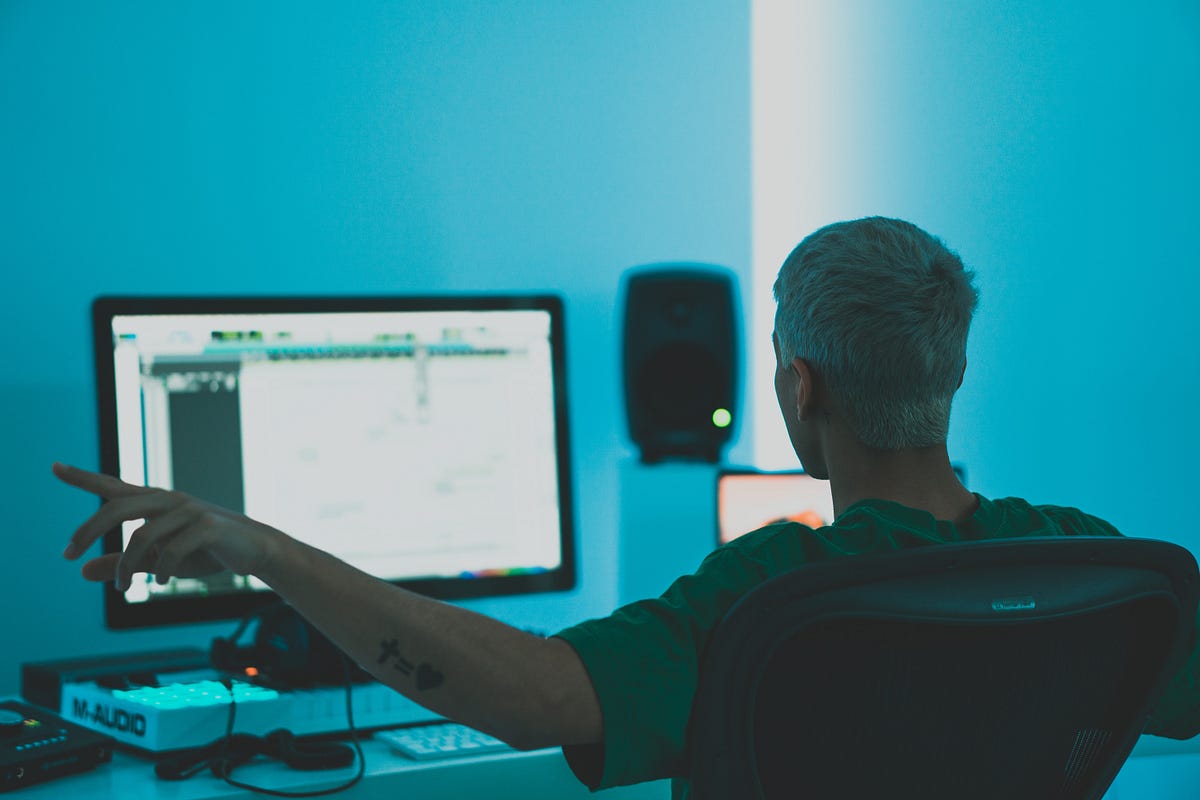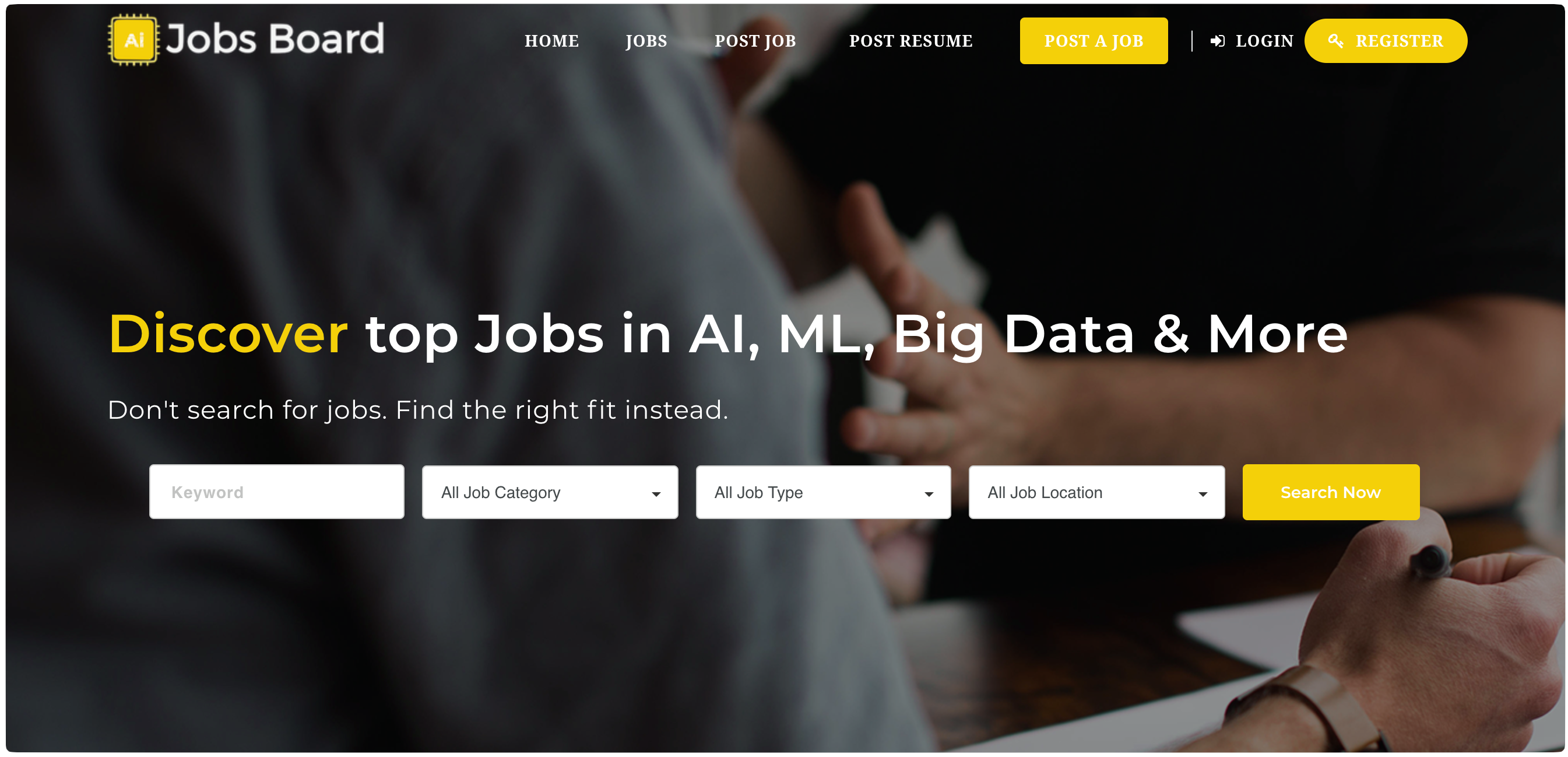Traditionally, success in the music industry has always been closely associated with touring, sold CDs, and charts. With the rapid digitization of our world, the music industry has moved to a new way of measuring success — data. With so much information about music at hand, data science consulting companies like Iflexion can build specialized solutions to identify which songs a particular person will like, predict the next big music star, and craft songs to suit a very specific target audience.
How Data Shapes Sound
As much as underground communities, genre gatekeepers, music critics and art enthusiasts would love it to change, the music industry has been heavily commercialized. Commercial artists’ task here is to create music that will satisfy big audiences and make a profit. When data used wisely, artists can write songs that will more than likely appeal to a particular audience.
One of the most prominent data advocates in the music industry, Ankit Desai, has once looked at streaming statistics of Swedish artist Tove Lo. He noticed that one of her songs was particularly popular among EDM fans. Desai advised to capitalize on this opportunity to win a bigger market, and two months later, Love To released a song featuring EDM artist Alesso. The song went platinum in a number of countries and made it to the top of The Billboard’s US Dance Club Songs chart.
#ai #data-analysis #music-business #big-data #artificial-intelligence #data analysis

